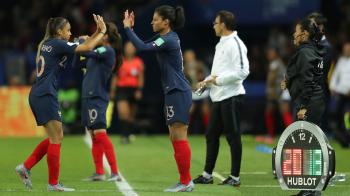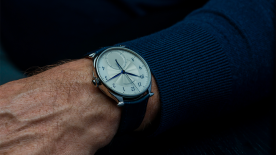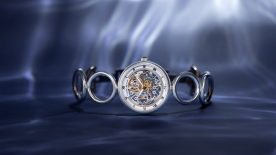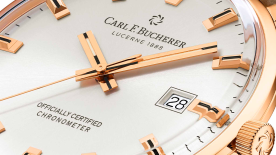One year after the French men's team secured victory, football is attracting increasing numbers of female spectators, and the 8th FIFA Women's World CupTM will certainly draw in many new supporters. The semi-finals are set to take place on 2 and 3 July, with the final on 7 July in Lyon. As the Official Timekeeper of the 2019 edition of the tournament, Hublot is showing its support for women's football. It is a way for the watch manufacturer to demonstrate its conviction and enthusiasm for women's football, despite the sport having existed for some one hundred years.
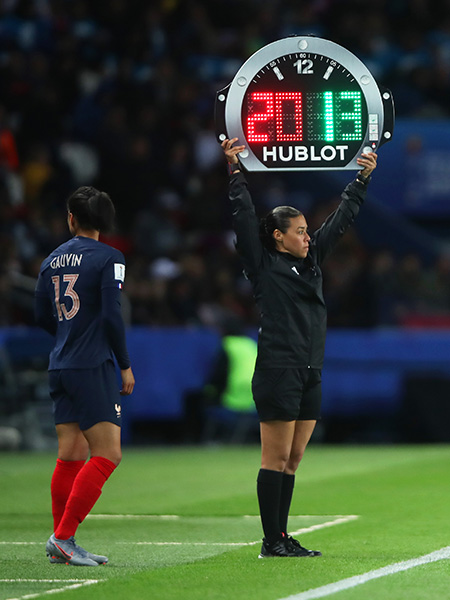
"Since the French men's team won in Russia, the number of female French Football Federation members has risen by 15%, an incredible amount in less than a year. We are enthusiastically supporting the sport because we share fundamental values. To dare is often to believe in future successes. The FIFA Women's World Cup is set to change the image of solely male fans, attract women to the terraces and, who knows, perhaps result in future players just as talented as our professional footballer friends", said Ricardo Guadalupe CEO of Hublot.
Three female professional football players are already counted as friends of the brand. Former French international player Laure Boulleau – left-back defender for PSG – who has coached the Bordeaux team for almost a year; American international women's football star Alex Morgan, who is a striker for Orlando Pride; and young Norwegian international footballer Ada Hegerberg who plays as a striker for Olympique Lyonnais and whose older sister Andrine Hegerberg plays for PSG.
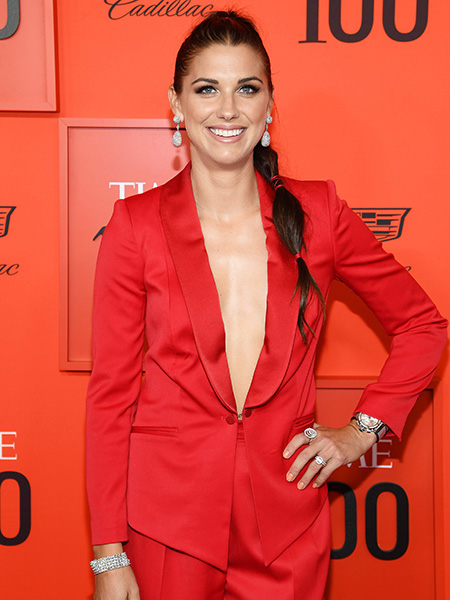
Unexpectedly, the first football match to be played in France by women dates back to the First World War. A women's football championship was even created two years later, in 1919. The French Football Federation officially founded it in 1970 – 50 years later. Today, of 2.2 million members, 165,000 are women (compared to 54,000 eight years ago). The FIFA Women's World CupTM will undoubtedly play an accelerating role for the media, women and the general public.
